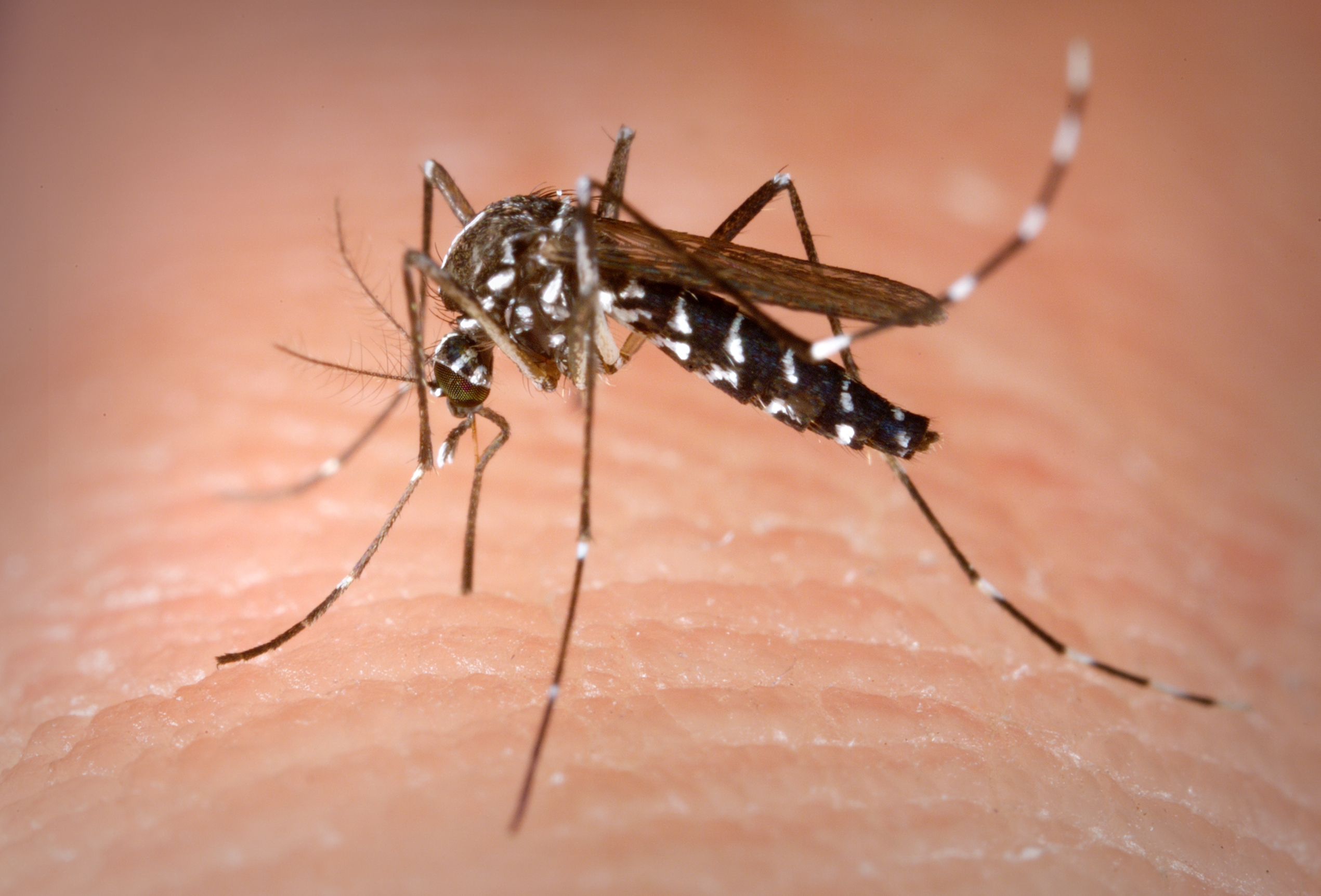Distinguished Professor Steven Juliano, Biological Sciences, recently received a $426,500 grant from the National Institutes of Health (NIH) to continue his research on ecology of larvae of North American mosquitoes that transmit diseases.
The National Institute of Allergy and Infectious Diseases, one of the branches of NIH, awarded Juliano the grant in order to advance his work studying the aquatic environments in which mosquitos lay eggs.
“The mosquitos we work with are all specialists who are drawn to small bodies of water, often man-made containers such as bird baths, old tires and cemetery vases,” said Juliano, who has been studying mosquitos for more than 30 years.
With about 60 species of mosquitos in Illinois alone, Juliano and his team will focus on the species that carry diseases such as West Nile and La Crosse encephalitis. “The NIH is interested in getting a better idea of the container sizes where certain mosquitos grow to maturity, giving us a better ability to target those containers,” said Juliano, whose team will manipulate habitats ranging in size from a tea cup to a rain barrel. “As rain barrels are becoming more and more common, there is a greater interest in seeing which mosquitos might be produced there,” he added.
In the long run, Juliano hopes the study will help health officials to understand what kinds of containers would provide the best sites for immature disease-transmitting mosquitos. “If a main concern becomes West Nile, then officials can target containers of a certain size, with a certain level of water permanence, to help limit mosquito populations,” he said.
The research will take place in forested habitats at Tyson Research Center of Washington University, near St. Louis, Mo. The research team, consisting of a combination of graduate and undergraduate students, will experimentally manipulate container size, duration of the water-holding period and the presence or absence of mosquito predators to determine their effects on production of different disease-transmitting mosquito species.
According to Juliano, the involvement of students in the study was one contributor to funding by the NIH. “One of the elements of NIH funding is placing priority on support for students,” said Juliano. “A number of graduate students who will work on the study will complete theses, and undergraduates will work as assistants and have that experience contribute to their education.”


